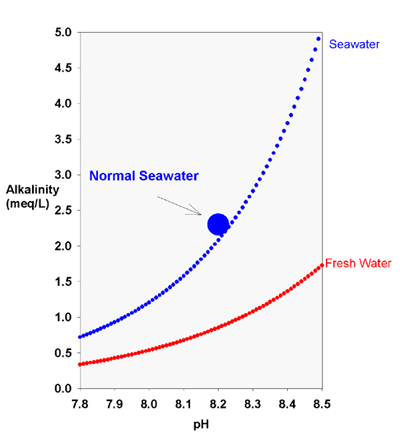So I use brs soda ash and for some reason, no matter how much I dose (be that 60ml, 90, 120ml or whatever), my alk will never go above 8. Occasionally I can get to 9. I add it to my overflow. I have used the red sea pro alk test and the api one. However, when I used a small sample bottle of red sea alk supplement, my alk finally went up and I added it into the overflow just like the soda ash mix..
Any clue what is going on? I don't think I am dosing too much so I am not sure why it would be precipitating if that is the cause. Maybe the overflow doesn't have enough flow to stop precipitation?
Any clue what is going on? I don't think I am dosing too much so I am not sure why it would be precipitating if that is the cause. Maybe the overflow doesn't have enough flow to stop precipitation?
Last edited:




















